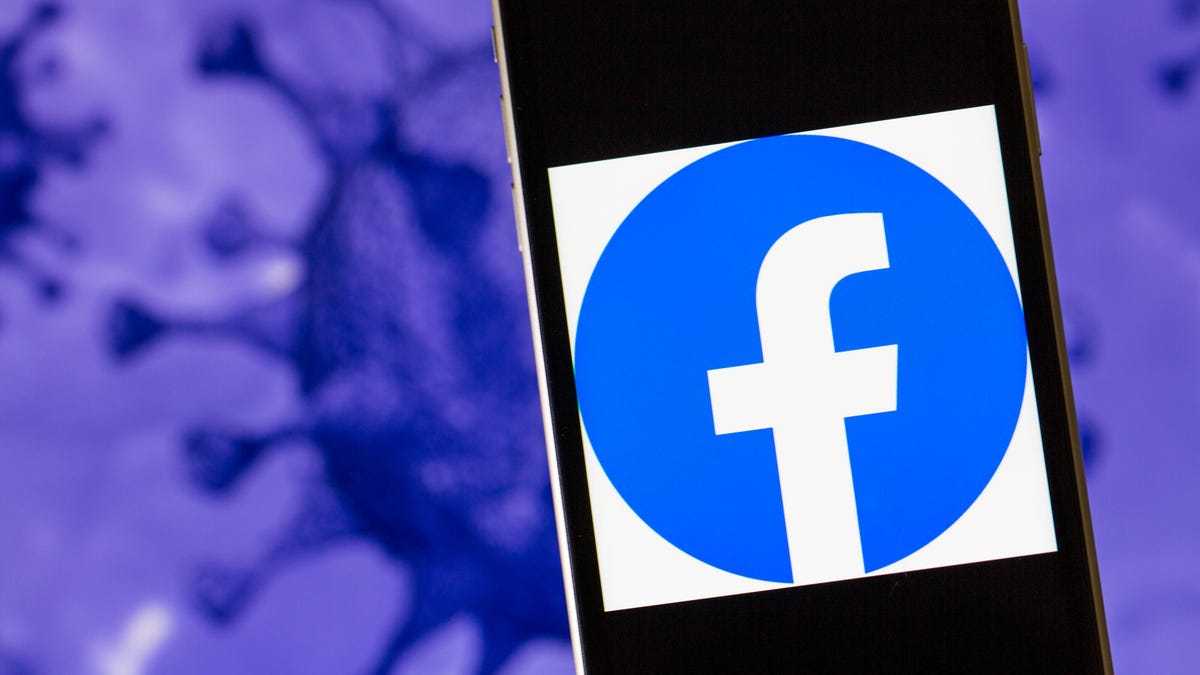Senators demand Facebook detail how it fights non-English misinformation on COVID-19
Letter cites study that found a large gap between misinformation warnings placed on content depending on whether or not it's written in English.

Senators want to know what Facebook's doing to combat the spread of COVID-19 misinformation on the platform, particularly when it's in a language other than English.
Three Democratic senators have sent a letter to Facebook CEO Mark Zuckerberg demanding answers to questions about what the social networking giant is doing to combat the spread on its platforms of misinformation and disinformation regarding the novel coronavirus, which causes the respiratory disease COVID-19.
They're particularly concerned about Spanish-speaking and other non-English-speaking communities.
The letter, sent Friday, cites a recent study by the online activist organization Avaaz that found millions of Facebook users are being exposed to misinformation about the pandemic. The organization also concluded that Facebook has been slow to fact-check or remove misleading content posted in non-English languages.
According to the study, Facebook hadn't placed warning labels on 68% of misleading Italian language content and 70% of Spanish language content compared with 29% of English language content.
"This is a significant gap exposing non-English speakers to the perils of misinformation and disinformation," said the letter, which was signed by senators Robert Menendez of New Jersey, Mazie Hirono of Hawaii and Elizabeth Warren of Massachusetts.
The threat is that misinformation about COVID-19 could lead to someone endangering their health. Hoaxes about how drinking bleach can cure the coronavirus or wearing a mask can make you sick continue to pop up on social media despite efforts to stop its spread.
"Making sure that people, especially our most vulnerable communities, in the United States and around the world receive the most accurate information about how to prevent and protect themselves from COVID-19 is not only a moral imperative, it's the only way we can beat this virus together," the senators said.
The letter demands Facebook respond by May 22 to questions about how it's closing the gap on COVID-19 misinformation on its non-English-speaking platforms, not just on its namesake social network but also on other entities it owns, including Messenger, Instagram and WhatsApp. The letter also requests detailed information about what Facebook's doing to prevent the spread of COVID-19 misinformation, how it's dealing with Groups spreading misinformation, how many people it has working to fact-check COVID-19 information and how many of them speak a native language other than English.
Coronavirus updates
Facebook didn't immediately respond to a request for comment but has said it's pulling down harmful coronavirus misinformation. It works with more than 60 fact-checking organizations, including the Associated Press and Reuters, to review content on the social network.
In April, Facebook put warning labels on about 50 million posts related to COVID-19. Since March, Facebook has removed more than 2.5 million posts about the sale of masks, sanitizers, surface disinfecting wipes and COVID-19 test kits -- items the social network temporarily banned to prevent price gouging and other types of exploitation.

